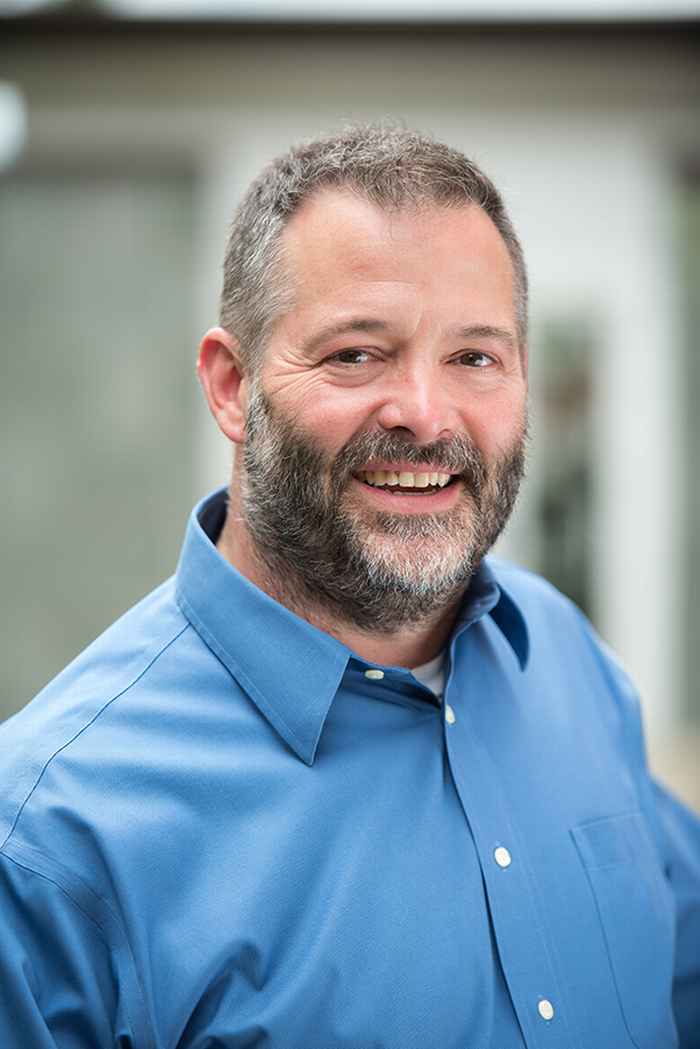New Fellowship awarded in 17th Call, April 2023
Prof. Christian S. Hamann (Albright College, USA)

Generating Physically Sound, Interpretable Models That Replace Phenomenological Explanations in Organic Chemistry Using Quantum Chemistry Techniques
Guest: Prof. Christian S. Hamann, Albright College, Reading, PA
Hosted by: Dr. Trevor A. Hamlin and Prof. Dr. F. Matthias Bickelhaupt, Vrije Universiteit Amsterdam
Total of 6 months.
The TheoCheM research group seeks to develop a catalog of physically sound, interpretable models that replace incomplete phenomenological explanations of foundational organic chemistry reactions congruent with modern pedagogical methods. The work plan for this visit involves the investigation of four foundational organic chemical reactions and phenomena using quantum chemistry techniques: 1) the competition between second-order nucleophilic substitution (SN2) and second-order elimination (E2); 2) (since the products of E2 reactions are alkenes) the observed hierarchy of alkene stability; 3) (since alkenes may be stabilized by conjugation) the observed stability of conjugated alkenes; 4) and (since conjugated alkenes are chemically related to aromatic molecules) the relationship between factors affecting conjugated alkene stabilization and the factors affecting aromatic stabilization. Each of these reactions and phenomena are among the first studied by students in organic chemistry courses. The outcome of this visit is the generation of physically sound, interpretable models that replace phenomenological explanations for these four reactions and phenomena. Our findings have the potential to bring about transformative updates to organic chemistry textbooks.
In summary, clear quantum chemical descriptions for paradigmatic examples of these reactions would provide interpretable models with predictive power based on first principles rather than on received insights. Thus, the work plan for this project includes the selection of a parallel set of reactions that are well-supported by physical organic chemistry data that will then be interpreted using state-of-the-art quantum chemical techniques. After the physical principles governing that test set of reactions are established, those principles will be applied to another set of similar reactions to determine the predictability of the new model.